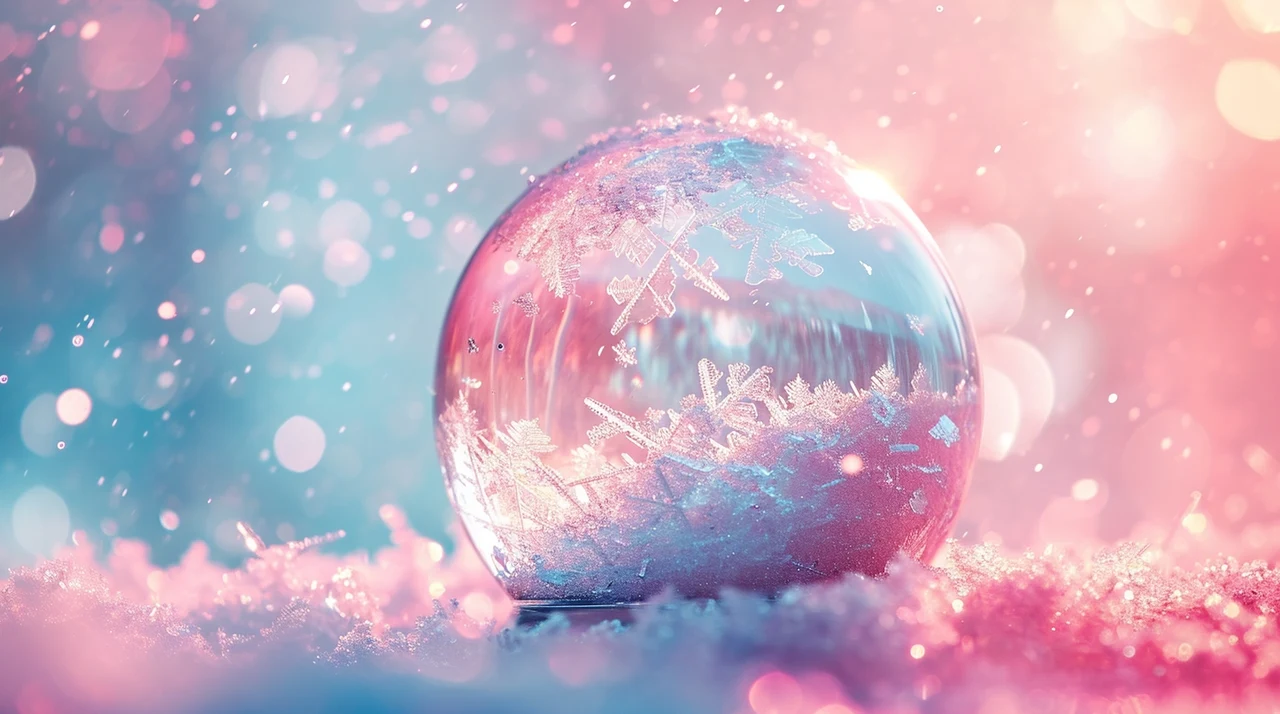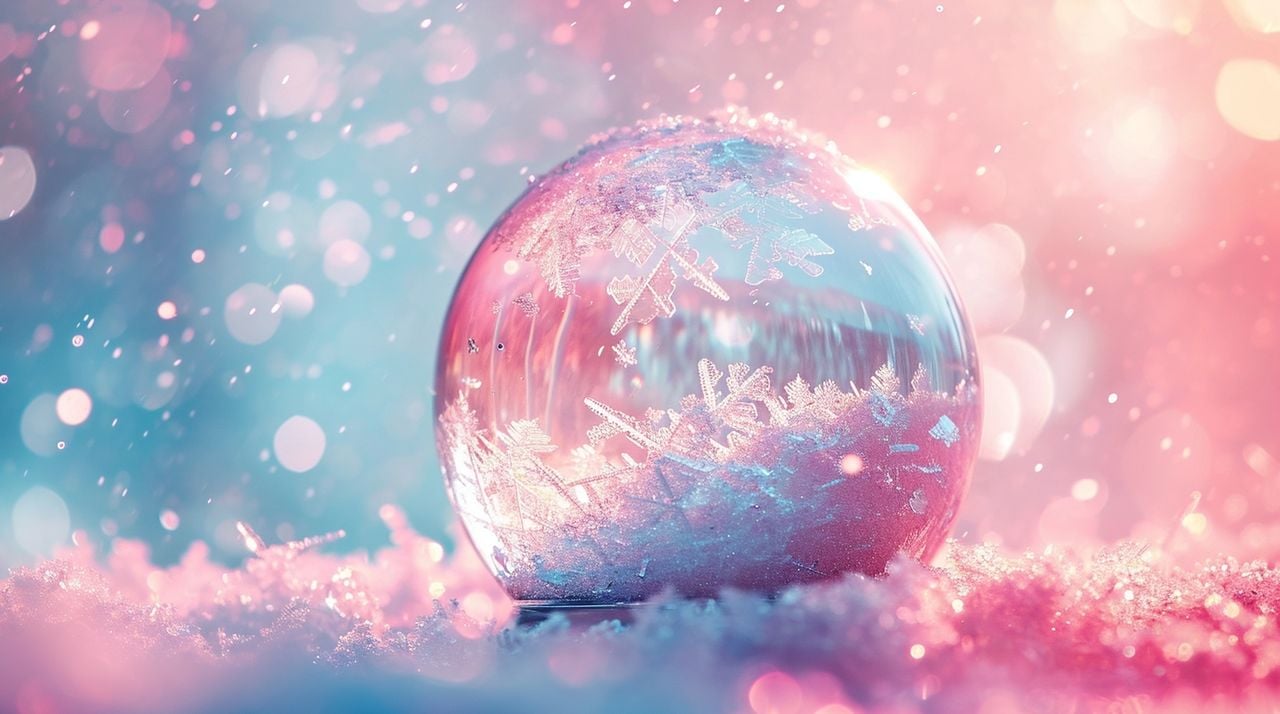
In the ever-evolving world of digital art, Dall-E 3 emerges as a cutting-edge tool that is transforming the way artists create and refine their work. This artificial intelligence-driven platform, developed by OpenAI, is equipped with a suite of advanced features that many users may not be fully aware of as well as a few less obvious features. By delving into these capabilities, AI artists of all skill levels can significantly enhance the quality and precision of their digital AI art creations. You might also be interested in learning more about the differences between Midjourney vs DALLE 3 vs Adobe Firefly when using the same prompts.
At the heart of Dall-E 3 is its integration with GPT-4, the latest generative pre-trained transformer model. This powerful combination allows the AI to interpret complex prompts, producing images that not only captivate visually but also convey a deeper conceptual meaning. The result is artwork that aligns more closely with the artist’s vision, offering a level of context-aware image generation that goes beyond simple picture creation.
One of the standout features of Dall-E 3 is its ability to customize aspect ratios. This is particularly useful for artists who need to adapt their images for different platforms. Whether it’s creating a YouTube thumbnail, an Instagram post, or any other media format, Dall-E 3 ensures that the artwork is displayed perfectly, no matter where it’s viewed.
Dalle 3 hidden features explained
Image resolution is another critical factor in digital art, and Dall-E 3 addresses this with its upscaling feature. Artists can enhance the resolution of their images without sacrificing quality, maintaining the integrity of their work. For those who demand even more control over the final output, there are third-party tools available that provide additional upscaling options, allowing for the highest level of image clarity.
Here are some other articles you may find of interest on the subject of DallE 3 AI art generator :
Attention to detail is what often sets professional artwork apart, and Dall-E 3’s zoom functionality is a boon for artists who focus on the finer points of their images. This precision tool enables creators to zoom in and refine specific details, ensuring that every aspect of their artwork is exactly as intended.
Consistency is key in creating a series of images, and Dall-E 3’s use of seeds helps artists achieve a uniform look across their work. Whether it’s maintaining the continuity of characters or themes, seeds are instrumental in crafting a cohesive visual narrative.
Beyond the visual elements, Dall-E 3 can also work in tandem with ChatGPT to generate prompts for nature photography that rival the work of professional photographers. By incorporating technical details such as composition and lighting into the prompts, artists can produce images that are strikingly realistic and expertly crafted.
How to use DallE 3 AI art generator
To effectively use OpenAI’s DALL-E 3, an AI art generator, it’s essential to understand its core functionality and explore its less obvious features. DALL-E 3 is designed to create images from textual descriptions, leveraging advanced AI algorithms to interpret and visualize a wide range of concepts.
Core Functionality:
- Text-to-Image Generation: The primary feature of DALL-E 3 is its ability to generate images from text prompts. This involves inputting descriptive text, and the AI generates a corresponding image. The quality of output heavily depends on the specificity and clarity of the input text.
- Variations: Once an initial image is generated, DALL-E 3 can create variations of this image. This is useful for exploring different artistic interpretations or adjustments to the original concept.
Hidden or Less Obvious Features:
- Style Emulation: DALL-E 3 can emulate specific art styles. By including the name of an artist or art movement in your prompt, you can guide the AI to generate images in that style. For example, “a landscape in the style of Van Gogh” would yield an image with his characteristic brushwork and color palette.
- Combining Concepts: The AI can combine unrelated concepts in a single image. This feature allows for creative and often surreal compositions, like “a clock melting on a sunny beach,” reminiscent of Dali’s work.
- Detail Enhancement: By specifying details in your prompt, you can influence the level of detail in certain areas of the image. For instance, mentioning “intricate patterns on the wings of a butterfly” can lead to a more detailed rendering in those areas.
- Iterative Refinement: You can refine an image by providing feedback or additional details in subsequent prompts. This iterative process allows for fine-tuning and can lead to more accurate representations of your initial concept.
- Aspect Ratio Control: While not immediately apparent, you can suggest aspect ratios in your prompts, like “a panoramic view of a mountain range” or “a portrait-oriented painting of a vase.”
Best Practices for Effective Use:
- Specificity in Prompts: The more specific your prompt, the more likely you are to get a closely aligned image. Include details about style, mood, color, setting, and subjects.
- Experimentation: Experiment with different styles, combinations, and refinements. This trial-and-error process can yield surprising and inspiring results.
- Ethical Considerations: Be mindful of ethical implications, such as avoiding the creation of offensive or harmful content and respecting intellectual property rights.
- Understanding Limitations: Recognize that DALL-E 3 may not always interpret prompts as expected and that some concepts may be beyond its current capabilities.
Dall-E 3 stands as a sophisticated platform for digital art creation, offering a range of features that, when fully leveraged, can take an artist’s work to professional levels. By engaging with these advanced capabilities, creators can push the boundaries of AI-assisted artistry and unlock new possibilities in the realm of digital expression.
Filed Under: Guides, Top News
Latest timeswonderful Deals
Disclosure: Some of our articles include affiliate links. If you buy something through one of these links, timeswonderful may earn an affiliate commission. Learn about our Disclosure Policy.

